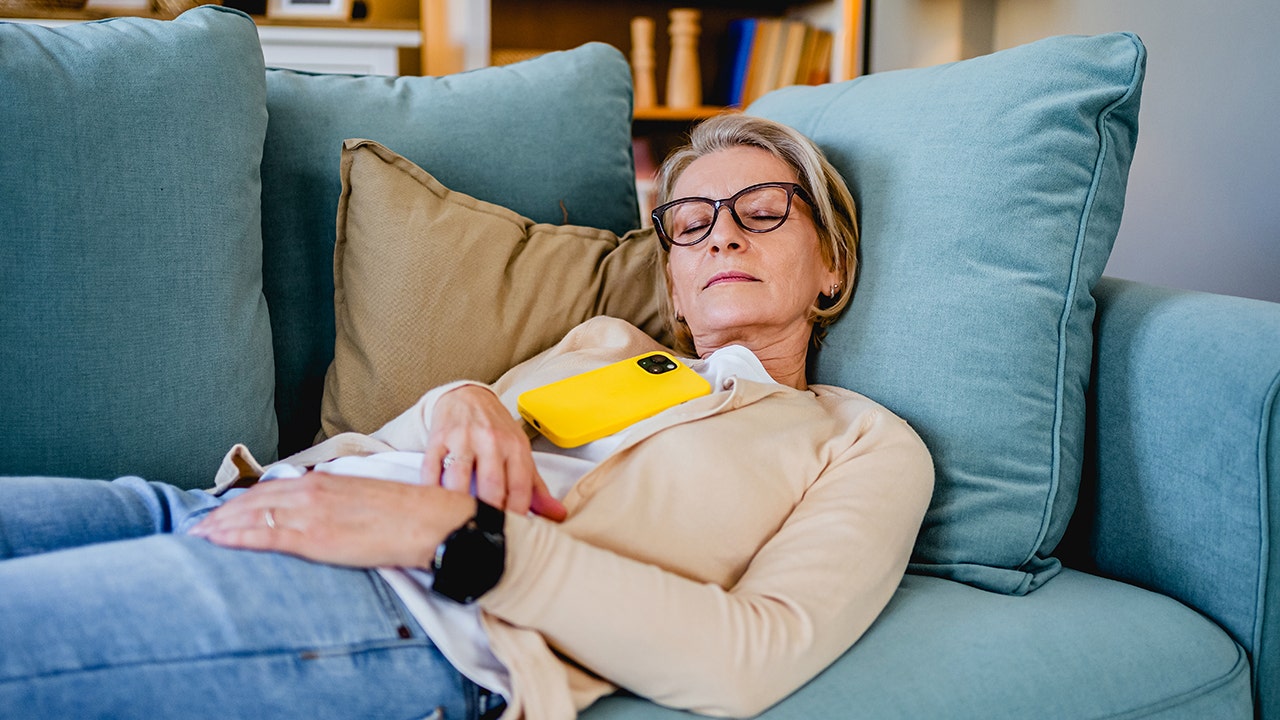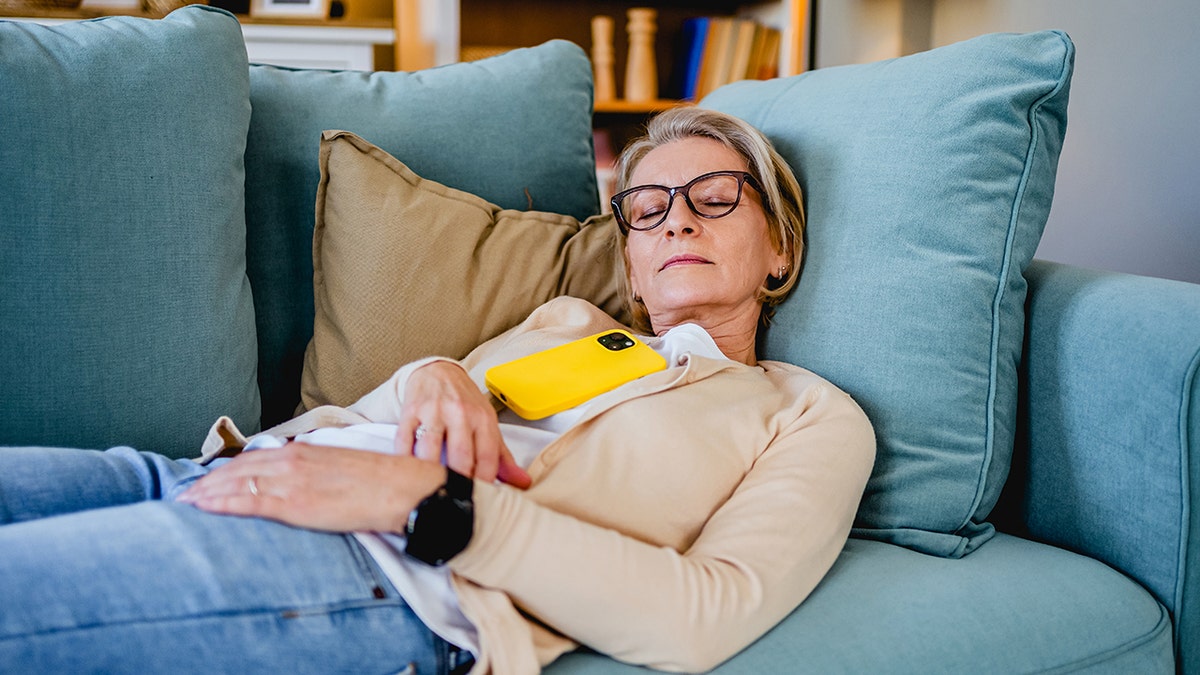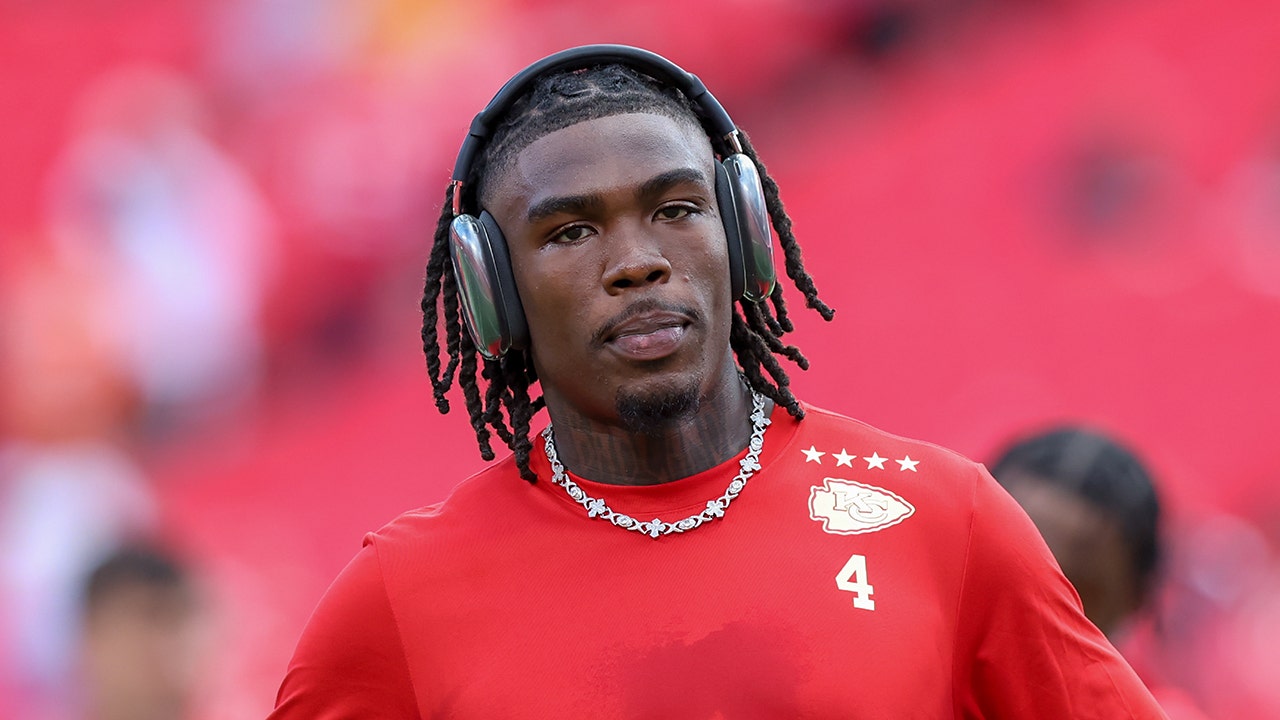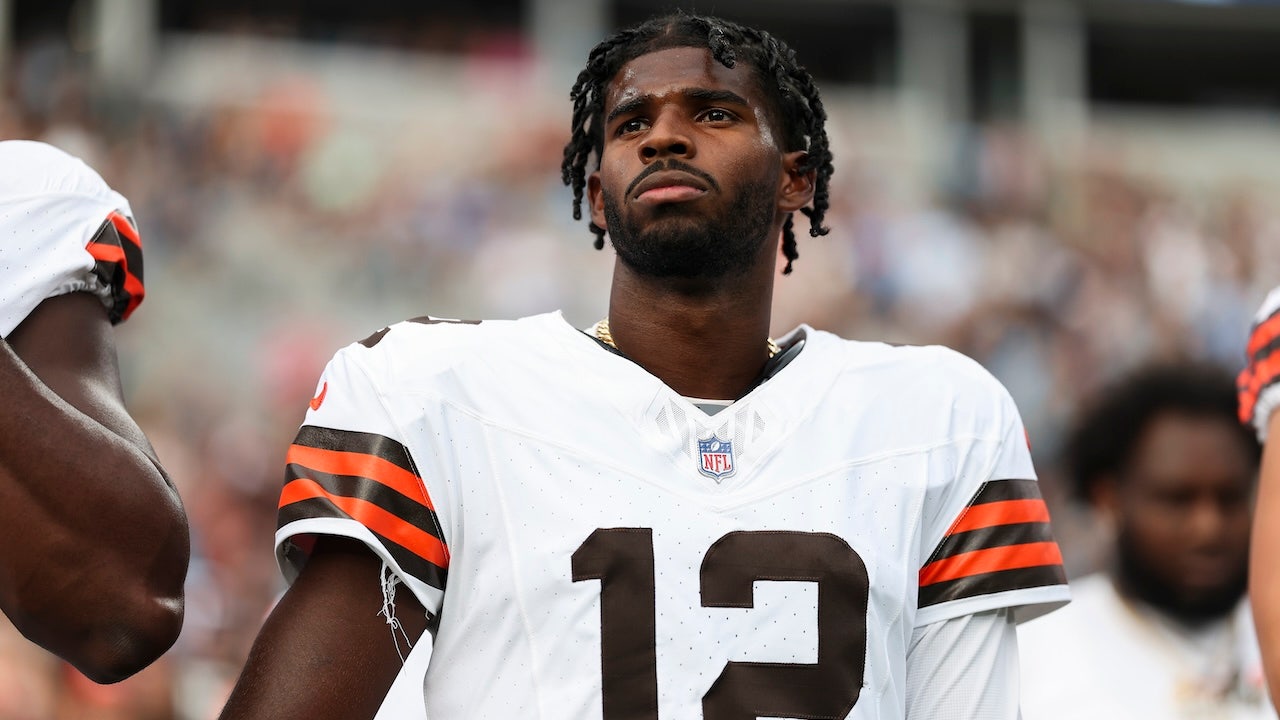Turkey Tryptophan is a myth that is being pulled as the real reason for the revelation

[ad_1]
– For todayNow you can listen to FOX news headlines!
After millions of Americans enjoy delicious food with family and friends at the trend, there is sure to be someone who is starting to get full.
Financial POST-NAP is often suspected in Turkey, which contains tryptophan – an amino acid linked to sleep.
The truth, however, is that Turkey is still not that bad or comes in below chicken or beef. The real cause of the dormant lump lies elsewhere.
Stop carb overload: Experts reveal the hidden reason behind large meals, how protein pulls the text
“Turkey contains the same amount of tryptophan as many other foods,” according to the American Council on Science and Health.
The US Department of Agriculture’s (USDA) Fooddata Central shows that boiled turkey breast contains 488 milligrams per 170 grams of protein – almost as much as grilled chicken and less than certain products or soy products.
Turkey contains tryptophan, an amino acid linked to sleep. (Stock)
Goodx analysis, Currently, a standard serving of turkey provides 244 milligrams of tryptophan, which means it falls below the gram standard doses used in sleep research.
Eating this common food before going to bed can cause sweet dreams or nightmares
Body chemistry undermines the myth.

Turkey actually has the burning amino acid to sleep below cheese and soy products, according to the food information. (Stock)
As researchers have long documented, protein-rich foods flood the blood with more amino acids that compete for entry into the brain.
Tryptophan is one of them, and it is not very powerful.
6 Classic Thanksgiving Side Dishes That Have Disappeared From American Tables
That means eating turkey doesn’t increase tryptophan levels enough to increase serotonin or melatonin, which is a sleep-promoting hormone.

A carb-heavy diet such as jumping jacks can help with sleepiness. (canva images)
So, what causes cravings after a holiday meal?
The real act is likely to be an act of arrogance.
Click here for more life stories
Post-Dut yount, known as postprandial sleeplessness, usually occurs two to two hours after a meal and is “stronger after a large, high-energy meal,” notes the Cleveland Clinic.
Click here for the FOX News app
This means heavy servings of gravy, potatoes, pie and gravy require a lot of energy to digest, which in turn redirects blood flow to the stomach and away from the brain.

Feeling sleepy after eating a meal can be caused by a large meal, on the basis of sleep. (Stock)
Food Making up stories too.
Click here to subscribe to the Lifestyle Newsletter
The sleep foundation reports that “feeling sleepy after eating a meal can be caused by a large meal, high-carb or high-fat or fast food.
Test yourself with our latest lifestyle quiz
Rich rich dishes and desserts spike insulin, which changes the balance of amino acids in the blood and improves the transport of tryptophan to the brain.




